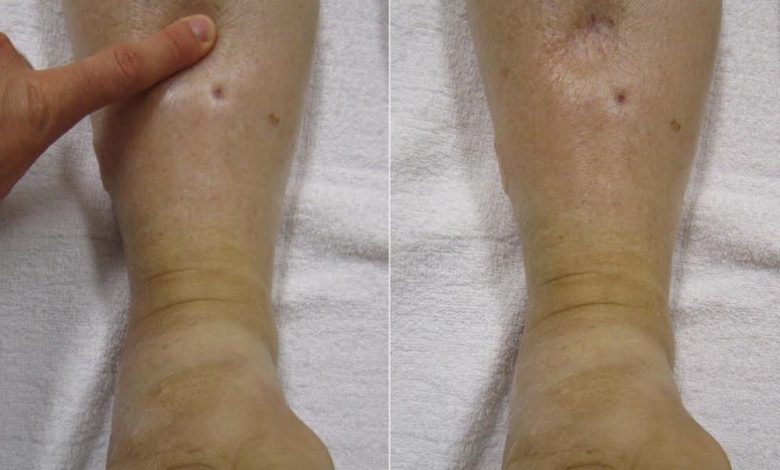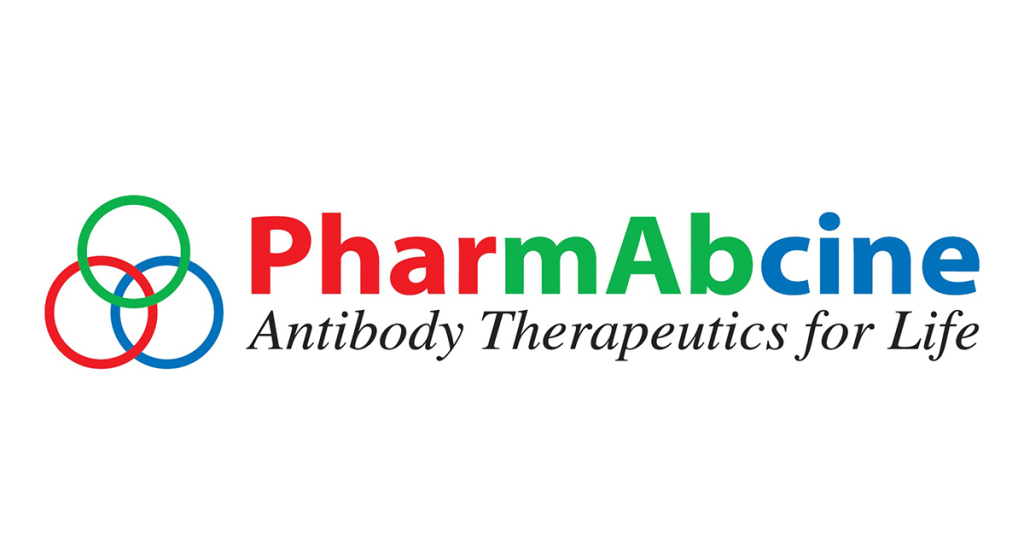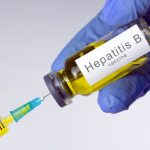PharmAbcine’s Study Highlights PMC-403’s Potential in Preclinical Models of Capillary Leak Syndrome

PharmAbcine, a clinical-stage biotech company, has published a study in Science Advances showcasing the potential of its Tie2-activating antibody program, PMC-403, in preclinical models of Idiopathic Systemic Capillary Leak Syndrome (ISCLS), also known as Clarkson Disease.
ISCLS is a severe systemic rare disorder characterized by abnormal systemic vascular endothelial cell function, leading to the rapid exit of fluids and proteins from blood vessels into surrounding tissues.
Key Highlights from the Study:
1. Unique Antibody Program (PMC-403):
• PMC-403 is a Tie2-activating antibody designed to address vascular-related rare disease indications, particularly ISCLS.
• The antibody demonstrated efficacy in improving survival and reducing vascular leakage in preclinical models of ISCLS induced by histamine.
• The study also included promising results in reducing vascular leakage in mice exposed to influenza.
2. Mechanism of Action:
• PMC-403 targets the Tie2 receptor, utilizing a unique mechanism of action to activate Tie2 and normalize leaky pathological blood vessels.
• The paper, titled “A ligand-independent Tie2-activating antibody reduces vascular leakage in models of Clarkson Disease,” emphasizes the significance of Tie2 activation for the potential treatment of ISCLS.
3. Clinical Development and FDA Recognition:
• In February 2023, the US FDA granted Orphan Drug Designation (ODD) for PMC-403 for the treatment of Systemic Capillary Leak Syndrome.

4. ISCLS Overview:
• ISCLS is a rare disorder characterized by the sudden and rapid exit of fluids and proteins from blood vessels into surrounding tissues due to abnormal vascular endothelial cell function.
• Symptoms include hypotension, edema, and hypoalbuminemia, with a 30% mortality rate upon acute onset.
5. Commitment to Clinical Research:
• Dr. Jin-San Yoo, President & CEO of PharmAbcine, expresses commitment to seeking collaborative clinical research partnerships to expedite the development of an ISCLS therapy.
6. Collaboration with NIH’s Lung and Vascular Inflammation Section:
• The study was conducted in collaboration with Dr. Kirk Druey, Chief of the NIH’s Lung and Vascular Inflammation Section.
7. Pipeline and Clinical Assets:
• PharmAbcine’s pipeline includes clinical assets olinvacimab and PMC-403, as well as an IND-approved potential first-in-class asset PMC-309.
• Olinvacimab, the lead asset, is undergoing a Phase 2 trial in combination with MSD’s pembrolizumab for metastatic triple-negative breast cancer (mTNBC) patients.
8. PMC-309 and PMC-005:
• PMC-309 is a novel anti-VISTA-antagonizing IgG targeting immune checkpoint regulators.
• PMC-005 is an anti-EGFRviii IgG with potential applications in various modalities, including CAR-T, CAR-NK, CAR-Macrophage, T cell/NK cell engager, and Radio-Immunotherapy.
This study suggests that PMC-403 holds promise in addressing the challenges posed by ISCLS, and its unique mechanism of action may offer a novel therapeutic avenue for vascular-related rare diseases. The granting of ODD by the FDA further underscores the potential clinical significance of PMC-403 in treating Systemic Capillary Leak Syndrome.





